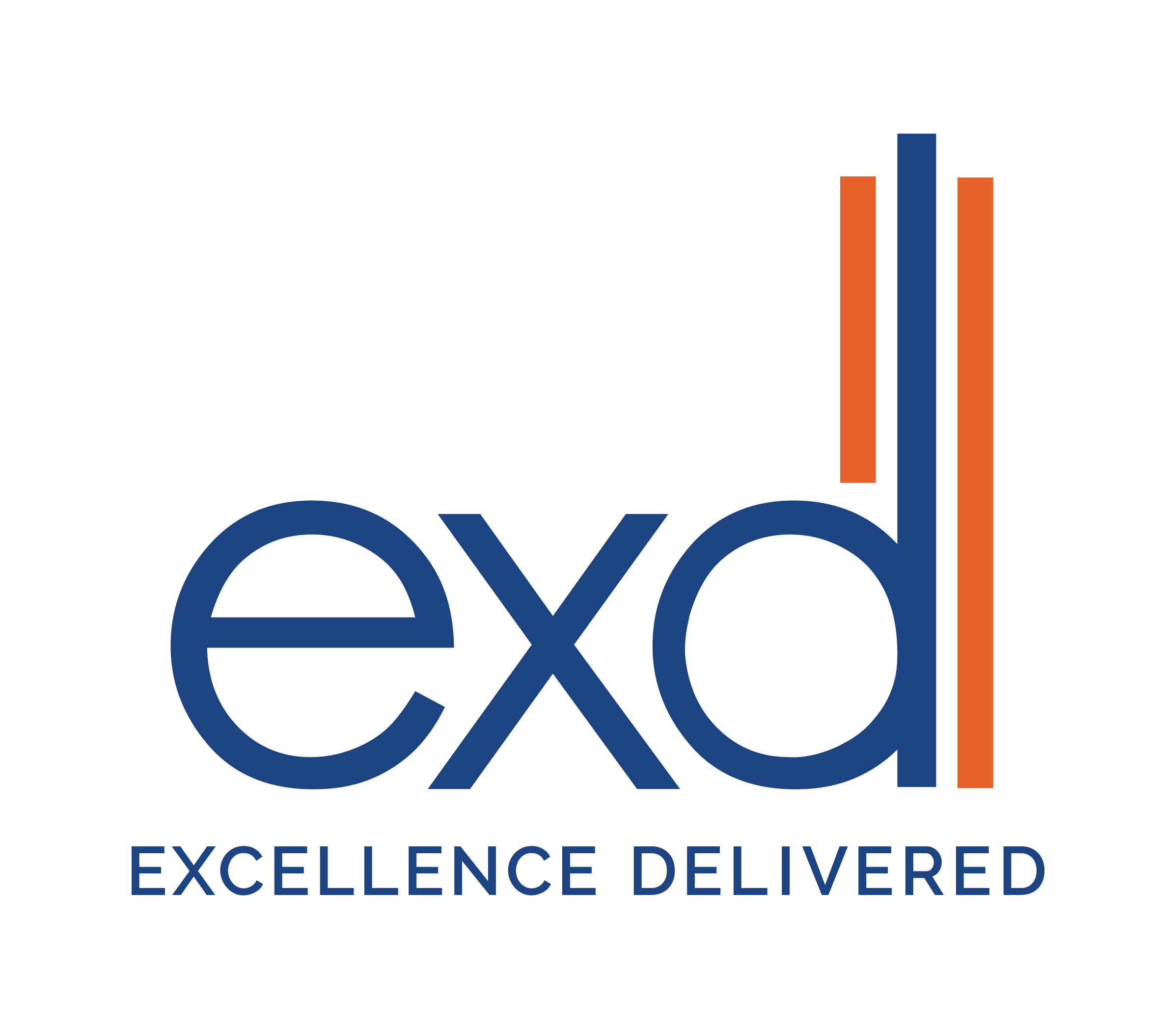

Enterprise Resource Planning (ERP) systems are pivotal in the textile industry enabling seamless integration and automation of business processes. This eradicates complex and costly links between disparate computer systems, significantly enhancing organizational connectivity. With ERP systems, businesses can expect to increase productivity, manage supply chain operations, and analyze operational data to gain insights across all textile operations from finance to shop floor operations.
Efficient inventory management is critical for the textile industry, which requires optimal stock levels while minimizing storage costs and avoiding stockouts. An ERP system streamlines inventory tracking, providing real-time visibility into stock levels and facilitating better demand forecasting with timely material replenishment.
ERP systems help optimize supply chain planning processes within the textile industry. They enable the synchronization of activities by integrating various functions like procurement, production planning, and distribution. This results in improved order fulfillment rates, reduced lead times, and enhanced responsiveness to customer demands.
Valuable analytics and insights from ERP systems empower textile manufacturers to make data-driven decisions. Consolidated data from various sources enables detailed analysis of key performance indicators (KPIs) such as production efficiency, inventory turnover, and sales performance.
Sustainability and EHS (Environmental, Health, and Safety) considerations are paramount for textile manufacturers in today’s environmentally conscious world. ERP systems facilitate sustainability initiatives by providing tools for tracking and managing environmental impact metrics such as energy consumption, water usage, and waste management. They also support compliance with OHS regulations by enabling the monitoring of workplace hazards, incident reporting, and employee training programs.
Streamlining manufacturing processes in the textile industry by optimizing production scheduling, resource allocation, and capacity planning is pivotal. By providing real-time visibility into production activities, ERP systems enable better coordination of workflows, reducing bottlenecks and minimizing downtime. They also facilitate the costing of products by tracking labor, material, and overhead costs accurately throughout the production process, ensuring that product prices maintain profitability.
ERP systems simplify financial and HR management for textile manufacturers by automating routine tasks and providing comprehensive reporting capabilities. These systems enable financial efficiency and accuracy by managing accounts payable and receivable, processing payroll, and tracking employee performance. Additionally, ERP systems facilitate compliance with financial regulations and labor laws, reducing the risk of errors and penalties.
Excellence Delivered is at the forefront of SAP implementation in the textile industry. As the first company in Pakistan to successfully deploy SAP's textile vertical, FVB, ExD offers a comprehensive textile solution covering spinning, weaving, dyeing, apparel production, and associated retail operations. Our tailored ERP solutions for the textile and garment industry include features like pre-costing, sub-contracting, cotton procurement, multi-level BOM, production order cockpits, piece rate payroll management, and quality management, addressing the unique needs of our clients. These solutions ensure streamlined operations, improved efficiency, and enhanced profitability. Integrating and automating business processes in real-time through ERP systems significantly enhances customer service, corporate integration, and overall efficiency within the textile sector. Embracing ERP technology, primarily through ExD's innovative solutions, is crucial for textile businesses aiming to thrive in today's competitive landscape.






















Input your search keywords and press Enter.
Enter your email: